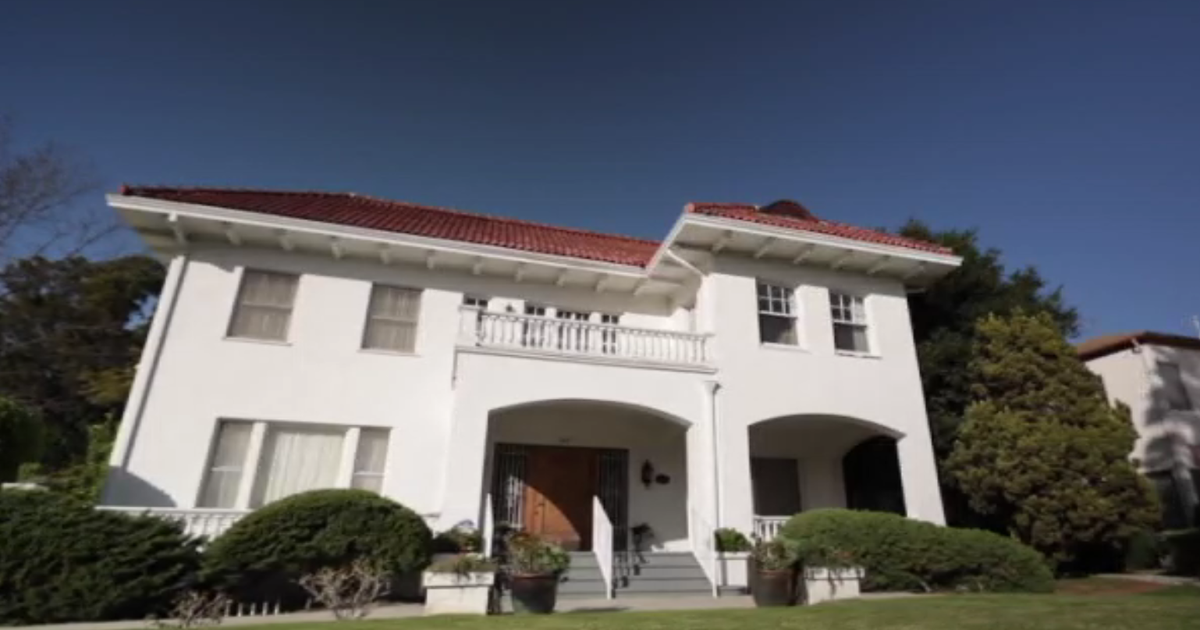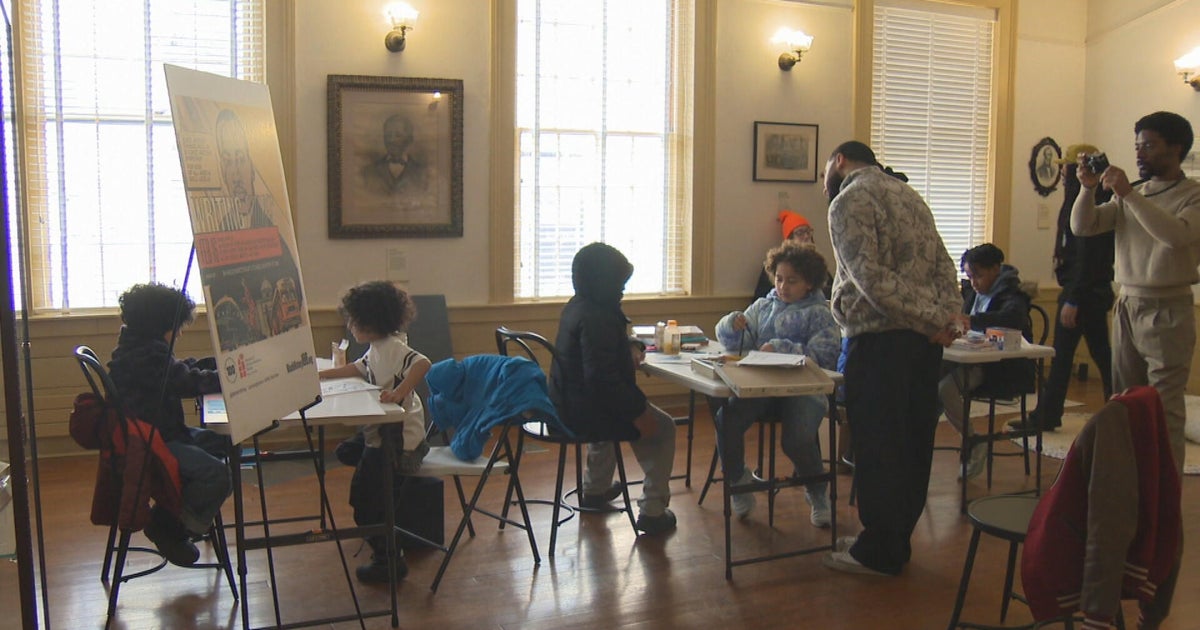Historic Walking Tours Of Chicago
Clarence F. Buckingham Memorial Fountain
Grant Park
301 S. Columbus Drive
Chicago, IL 60605
(312) 742-7529
www.chicagoparkdistrict.com
Start your historic walk in Grant Park at Buckingham Fountain, an iconic Chicago landmark. Chicagoans have Kate Sturges Buckingham to thank for the gorgeous landmark whose full name is the Clarence F. Buckingham Memorial Fountain. She had it built in 1927 for $750,000 in remembrance of her brother. Visitors to Versailles may notice a resemblance to the Latona Basin that influenced Buckingham's architect Edward Bennet and sculptor Marcel Loyau. At double the size of the Latona Basin, Chicago's fountain represents Lake Michigan. Its sculptures spouting water are four sea horses representing the four states along Lake Michigan's coast of Illinois, Wisconsin, Michigan and Indiana. Engineer Jacques H. Lambert was responsible for its complicated, manually operated workings. Now, an upgraded computer system has it recycling up to 15,000 gallons of water per minute and putting on a 20-minute display on the hour that includes shooting water 150 feet high. The water show turns into a light and music display at dusk.
Adams St. at Michigan Ave.
Chicago, IL 60603
www.historic66.com
Think nostalgia and long ago road trips that passed through small towns and stopped at diners. Or think of the 1946 Bobby Troup "Get Your Kicks on Route 66." If at Buckingham Fountain, go north to Jackson Drive and Michigan Avenue. The intersection is where Route 66 was thought to begin. However, some signage was later moved east on Jackson Drive to Lake Shore Drive and is now considered the end point if starting the road route in Los Angeles. But for your photo op, walk a block north on Michigan Avenue to Adams Street which heads west in front of the Art Institute of Chicago. Cross to the north corner and pull out the cell phone or camera to capture and tweet the Route 66 sign. Among the arguments for the Adams location is that when Jackson Drive became an east-bound street, the designated start sign moved a block so drivers could start their journey winding as the song goes "from Chicago to LA" by heading west. Arguably, John Steinbeck gave it its "Mother Road" title in 1939 in "Grapes of Wrath." But it was in 1926 that Missourian John Woodruff and Oklahoman Cyrus Avery pushed the US Government to link Chicago with Los Angeles with a road that would connect large and small towns. Click here or here for Route 66 details.
The Berghoff
17 W. Adams St.
Chicago, IL 60603
(312) 427-3170
www.theberghoff.com
If you're on Adams Street walking west from Michigan Avenue, you will see Berghoff's prominent vertical sign just past State Street. Known for its beer when it opened as Berghoff Cafe in 1898 and later for the restaurant's turn-of-the-last-century look, old world German dishes and courtly waiters, fine beer and root beer, Berghoff has been a downtown Chicago institution for more than 110 years. Now under the fourth generation stewardship of Carlyn Berghoff, it is among the oldest family-owned restaurants in the country. Step inside to do lunch in the restaurant which still features favorite recipes but has also added lighter fare. Or go downstairs to the cafe to order an over-the-counter meal. Either way, admire the restaurant's stained glass and dark woods. It survived during Prohibition on beer, sodas and sandwiches but celebrates the end of Prohibition with specials such as a recent month-long "stein for a dime" and photo op with liquor license No. 1 in April. Berghoff has continued to be issued license No. 1 since Prohibition was repealed in 1933.
Related: Best Bars With History In Chicago
17 E. Monroe St.
Chicago, IL 60603
(312) 726-7500
www.palmerhouse.com
Commanding the corner of Monroe and Wabash Streets north of Adams and south of State Street is the historic Palmer House. Burned shortly after opening during the Great Chicago Fire in October 1871 that destroyed the city's main business district, the"house" that Potter Palmer built as an elegant downtown hotel reopened in November 1873. It is reputed to be the country's longest, continually operating hotel. Such big-name entertainers as Judy Garland, Frank Sinatra and Louis Armstrong played its Empire Room. Today, the place to go and meet is the bar in the great lobby, an escalator ride up from street level. The lobby's spectacular ceiling is a fresco by French artist Louis Pierre Rigal. A side note is that Palmer's wife, Bertha, collected French Impressionist works before they were popular and started the Art Institute of Chicago on its way to having the largest French Impressionism collection outside Paris. The hotel does tours with and without lunch but reservations are needed. For tours only, call 312-917-1738. For the History is Hott lunch and tour, call 312-917-3403.
78 E. Washington St.
Chicago, IL 60602
(312) 744-6630
www.chicagoculturalcenter.com
What the city calls "The People's Palace" lies two blocks north of the Palmer House just east of Wabash at Washington Street and Michigan Avenue. Built as the city's main library and home of the Grand Army of the Republic in 1897, the imposing neoclassical building became the Chicago Cultural Center in 1991. Enter from Washington Street to see its marble staircase, mosaics, literary tributes and the world's largest Tiffany dome (third floor). Wander north on the third floor to the slanting corridor down to the second level for the GAR Hall, Rotunda and a 50,000-glass-piece dome by Healy & Millet.
175 N. State St.
Chicago, IL 60601
(312) 462-6300
www.thechicagotheatre.com
If you exit the Chicago Cultural Center on Randolph, you only have to walk a little over a block west to State Street and north around the corner to the ornate Chicago Theatre. Built in 1921 by the Balaban and Katz theater chain for $4 million and designed in a French-Baroque manner by Cornelius and George Rapp, it is considered the iconic venue that set the standard for movie palaces. Take a tour to see its glorious auditorium, staircases, lobby and backstage stars' signatures. Click here for tour details.
Related: Best Historical Sites In Chicago







